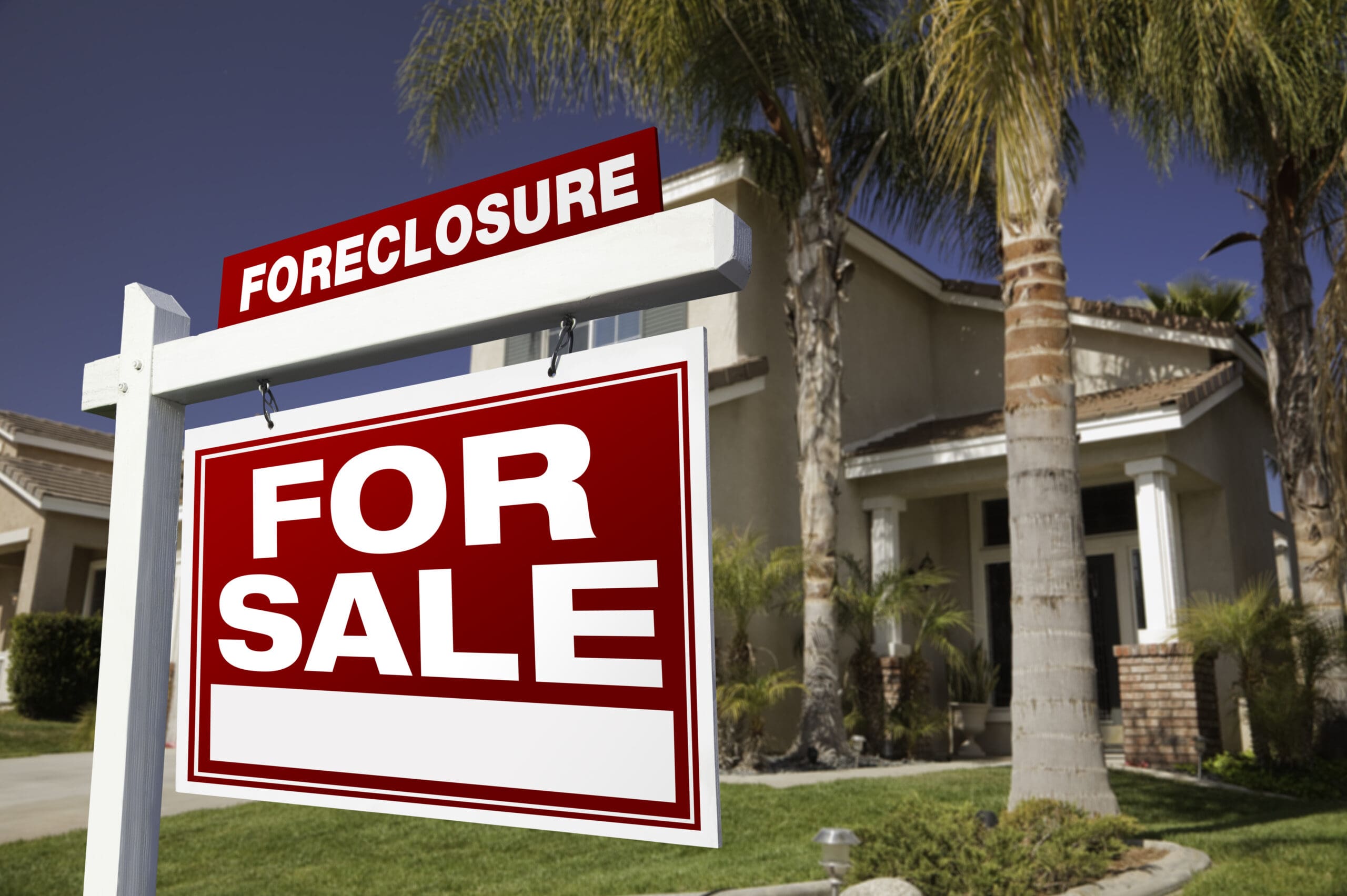As a realtor, you may have a client interested in purchasing foreclosure properties. There are some things you should know before you start the process. Read on to learn how to help a client purchase a foreclosure.
What is a Foreclosure?
A foreclosure occurs when someone (usually a bank) takes over ownership of a home or property due to nonpayment of the mortgage by the original homeowner. They will then attempt to sell the property, either at auction or through real estate agents, to recoup any losses made on the unpaid mortgage. Foreclosures are an expensive and challenging process, which is why financial institutions take so many precautions to make sure mortgages are paid on time.
Advantages of buying a foreclosure

Purchasing a foreclosure can be a great opportunity for buyers looking to secure real estate at an attractive price. With the assistance of realtors, the process of acquiring a foreclosure can be straightforward. Often, foreclosed properties are priced significantly lower than comparable real estate in the area, making it an ideal option for value seekers. Further advantages include bypassing traditional real estate markets and having more negotiation leverage when making a purchase offer. With realtors helping to guide buyers through the process, buying a foreclosure remains an attractive real-estate prospect despite its competitive market.
Disadvantages of buying a foreclosure

Purchasing a foreclosure can be an attractive option; however, it can be fraught with risk and comes with a variety of potential pitfalls. The condition of the property may not be disclosed upfront and without careful consideration, buyers may inadvertently inherit costly repair bills due to the prior owner’s neglect. They could also find themselves responsible for code violations or unpaid municipal taxes.
Though foreclosures can often offer discounts in comparison to non-distressed properties, buyers must factor in all of the associated costs that come with buying one – from unexpected repairs to back taxes. It is therefore important to do ample research and factor in additional carrying costs that may take away any perceived savings from your purchase price.
How to help facilitate the purchase of a foreclosure
As a realtor, you can inform and guide your buyer through the process of buying a foreclosed property, which includes researching the home and verifying ownership and title status. Before your client invests in a foreclosed property, you need to ask the right questions. What is the overall condition of the property, including any existing damage or structural issues? What are the zoning requirements, and when were they last checked? Are there any legal matters on record that are pending? How long has the property been inactive, and who is responsible for upkeep during that time? How much do taxes and other fees total? Ultimately, by asking the right questions up-front, potential buyers can better assess whether a foreclosed property is worth their investment.
While some inherent risks come along with purchasing a foreclosed property, there can also be substantial rewards. By helping your client complete the necessary due diligence, you may be able to find their dream home at a fraction of the cost. Just make sure everyone knows what they are getting into before signing on the dotted line.
#foreclosure #realtor #buyingproperty #advantages #disadvantages #due_diligence #investment
